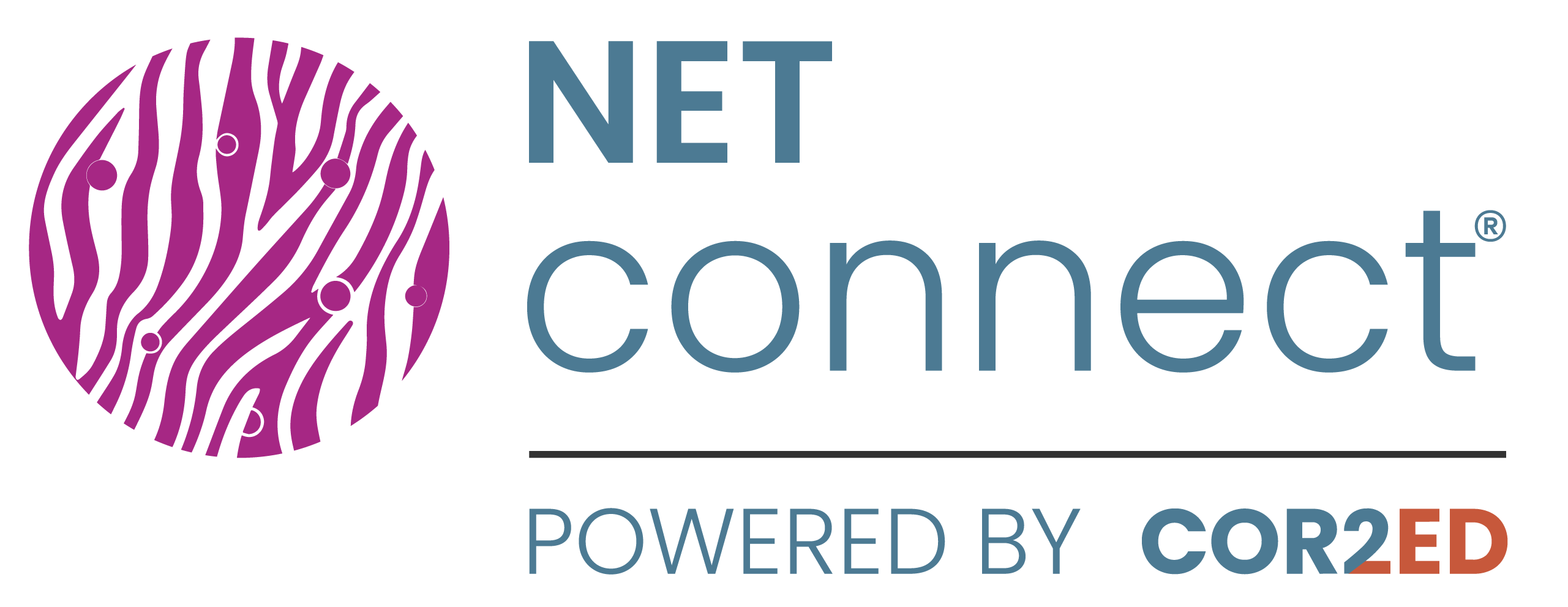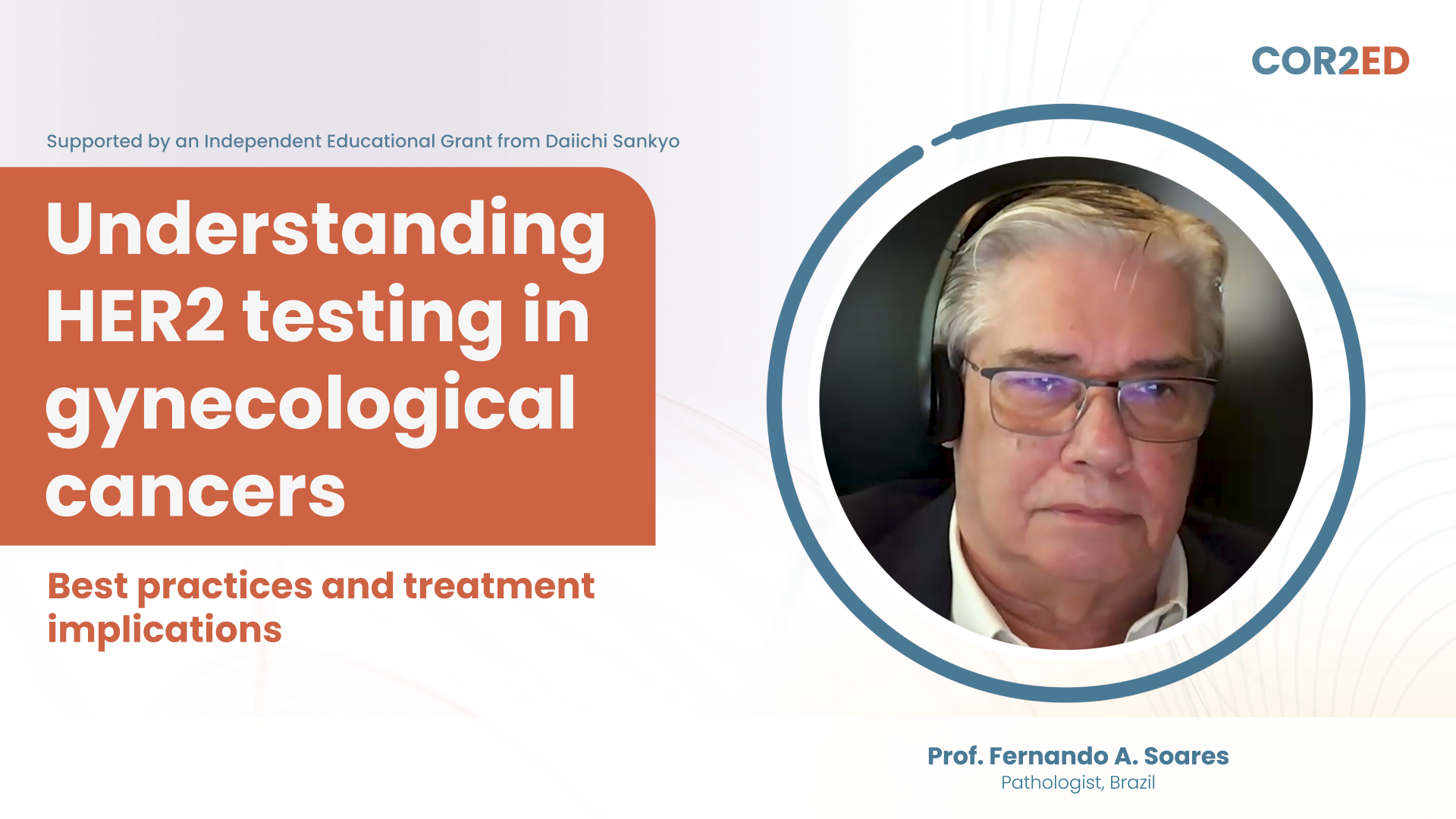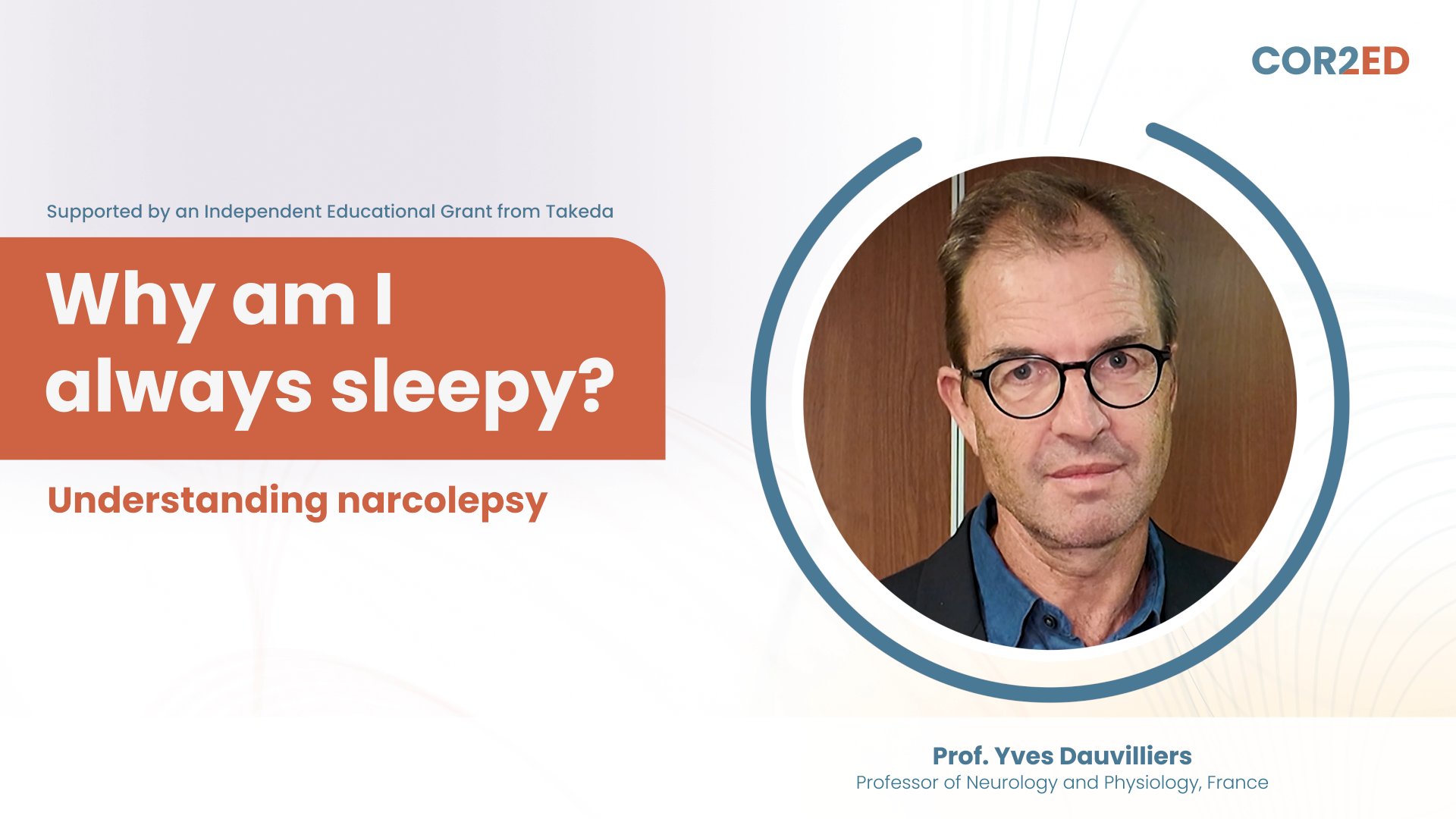Neuroendocrine tumour update from ESMO 2021 by Dr Angela Lamarca
Video Transcript
My name is Dr Angela Lamarca, I’m a medical oncologist from the Christie NHS Foundation Trust in Manchester, United Kingdom.
I am here today on behalf of the NET CONNECT group to summarise for you the main abstracts presented at ESMO 2021 for the neuroendocrine tumour and endocrine cancer track.
Which abstracts did you select and why?
The three abstracts that I have selected are the FIRSTMAPPP study, exploring the role of sunitinib in malignant progressive pheochromocytoma and paragangliomas tumours, AXINET study exploring axitinib for extrapancreatic neuroendocrine tumours, and finally, the SPINET study looking into lanreotide for lung carcinoids.
What are the main conclusions?
FIRSTMAPPP Study
The FIRSTMAPPP clinical trial is one of the most relevant studies in the field of neuroendocrine tumours that has been presented here in ESMO 2021, and it was actually part of one of the plenary sessions.
This is a phase 2 randomised non-comparative study, randomising patients to sunitinib or placebo. And it is worth highlighting that a very rare sub-type of patients with neuroendocrine tumours were included. These were patients with paragangliomas and pheochromocytomas, a very rare subtype of neuroendocrine malignancies.
The study met it’s primary endpoint. It was showing a benefit in terms of 12 months progression free survival rate, as you can see in the slide, in favour of sunitinib compared to placebo.
There was also a benefit in terms of median progression free survival and a benefit in terms of partial response rate.
It is also worth highlighting that the benefit from treatment did not vary or did not depend on their status of SDHB mutation. This means that patients with or without these mutations were actually benefiting from treatment.
The treatment was well tolerated, and I do strongly believe that this trial is going to change practice.
AXINET Study
The second abstract I wanted to highlight is the AXINET study, which was assessing the impact on progression free survival of the combination of activity of axitinib and octreotide versus placebo and octreotide for patients with extrapancreatic neuroendocrine tumours.
The data presented during ESMO 2021 was the progression free survival by central review, one of the secondary endpoints.
The study met this secondary endpoint, showing a benefit in terms of progression free survival by central review and also a benefit in terms of partial response by central review.
SPINET Study
The SPINET clinical trial was randomising patients to lanreotide or placebo.
This was a trial recruiting patients with lung carcinoids. It was showing a median progression free survival of 16.6 months for patients treated with lanreotide, and it was apparent that this benefit from lanreotide was more clinically meaningful for patients with typical carcinoid malignancies.
Regarding changes in clinical practice, I think sunitinib is probably going to be introduced in the guidelines for management of paragangliomas and pheochromocytomas based on the FIRSTMAPPP study. I think axitinib has shown activity as an antiangiogenic agent for extrapancreatic neuroendocrine tumours and I think we now have a stronger data to use lanreotide for lung carcinoids as well.
Were there any other presentations of interest?
Regarding additional abstracts of interest, I would like to highlight the NICE-NEC study.
This was exploring the activity of nivolumab combined with carboplatin and etoposide chemotherapy in patients with grade three neuroendocrine neoplasms, and it actually showed an impressive response rate. I think we really need to watch out for additional data from this study when overall survival outcomes are presented.
It was also a very exciting to see how the CAR T-cell therapies are starting to come into the field of neuroendocrine tumours, and there were some preliminary results presented in one of the mini oral sessions. I think it is of course important to assess safety in a phase one clinical trial as soon as possible.
What are your take-home messages from ESMO 2021?
In terms of take-home messages I think that antiangiogenic treatments are going to be very much used in the coming future, and we have the example of sunitinib for pheochromocytoma and paraganglioma. And now we also have supportive data for axitinib in extrapancreatic neuroendocrine tumours.
In terms of immunotherapy I think combination with chemotherapy is key. And in terms of lung carcinoids we now have stronger data to support the use of lanreotide.
Please download the slides for much more detail on the abstracts selected and thank you all very much for watching.
Dr Angela Lamarca is a Medical Oncologist (MD, PhD, MSc), specialised in gastrointestinal malignancies (hepato-pancreato-biliary (HPB) and neuroendocrine tumours (NETs)). She completed her training in Medical Oncology (including her PhD) in Spain (Hospital Universitario La Paz, Madrid). She moved to The Christie NHS Foundation Trust (Manchester, United Kingdom) in 2013, where she completed a 4-year fellowship programme in HPB and NETs; during this period she received funding from ESMO (European Society for Medical Oncology) Translational Fellowship Programme, Pancreatic Cancer Research Fund and The Spanish Society of Medical Oncology (SEOM) Fellowship Grant Programme. Dr Lamarca has completed a Masters Degree in Molecular Biology of Cancer and a second Masters Degree in Biostatistics. She was awarded with an American Society of Clinical Oncology (ASCO) Conquer Cancer Foundation Young Investigator Award in 2017 and was appointed as a Consultant in Medical Oncology at The Christie NHS Foundation Trust in May 2017 where she continues her Clinical and Translational Research career in HPB and NETs. She is actively involved in clinical trial design with special interest in NETs and HPB, focused on achieving a better understanding of these malignancies and identification of new therapies for improving patients’ outcome. Dr Angela Lamarca is a member of the EORTC Gastrointestinal Cancer Group and a faculty member of the ESMO Neuroendocrine, Endocrine Neoplasms and CUP Group.
AAA, Bayer, EISAI, Merck, Mylan and Delcath, Novartis, Nutricia, Roche, SrtEx and QED.
Other programmes of interest
ADCs in HER2+ metastatic breast cancer and management of adverse events
Consensus-based guidance for clinicians and patients
Understanding HER2 testing in gynecological cancers
Best practices and treatment implications
ER+/HER2- metastatic breast cancer: Highlights from the APBCS 2026 Satellite Symposium
Experts discuss 2L+ treatment strategies in endocrine therapy-eligible patients
Experts
Dr Mastura Md Yusof, Dr Hope S. Rugo, Prof. Matteo LambertiniMetastatic breast cancer: Understanding HER2-low and HER2-ultralow classification
A novel therapeutic framework




 Downloadable
Downloadable  20 MIN
20 MIN
 Feb 2026
Feb 2026 






